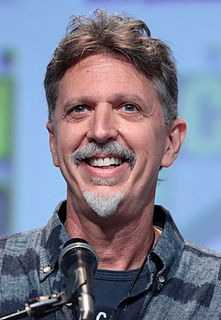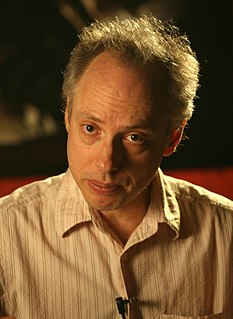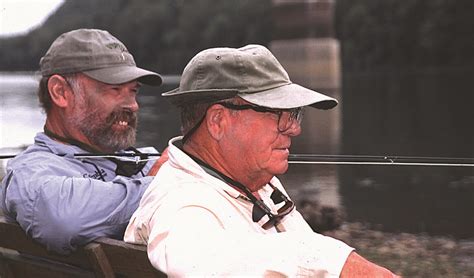A Quote by Vera Brittain
The tragedy of journalism lies in its impermanence; the very topicality which gives it brilliance condemns it to an early death. Too often it is a process of flinging bright balloons in the path of the hurricane, a casting of priceless petals upon the rushing surface of a stream.
Related Quotes
There would be no chance at all of getting to know death if it happened only once. But fortunately, life is nothing but a continuing dance of birth and death, a dance of change. Every time I hear the rush of a mountain stream, or the waves crashing on the shore, or my own heartbeat, I hear the sound of impermanence. These changes, these small deaths, are our living links with death. They are death's pulses, death's heartbeat, prompting us to let go of all the things we cling to.
It was a very, very intense and long casting process [for The Killing] because we really had to find the right people who could carry the weight of this story, who had the chops and who had the spirit, where they could bring in so much of their own selves to these characters. So, the casting process took many months.
The belief in the probability of death with dignity is our, and society’s, attempt to deal with the reality of what is all too frequently a series of destructive events that involve by their very nature the disintegration of the dying person’s humanity. I have not often seen much dignity in the process by which we die.
Suzanna Collins was very supportive, but we very much wanted her blessing on casting. In production, she visited us once, but she really was not involved in the production process. She's seen the Hunger Games movie twice, in the post-production process, once as an early cut and then once when it was finished.
Trout fisherman often give away their presence to the fish by the equipment they are wearing. The yo-yo hanging on the fly fishing vest that attaches to the hemostats or line clippers is often plated with chrome, giving off flashes of light. Some fly boxes that you wear on the chest are also bright aluminum-not a good idea. I recently fished with a fellow who wore a bright yellow hat on a meadow stream in Pennsylvania. From 100 yards away you could see his every movement,-I'm sure that trout near him could, too.
Take death for example. A great deal of our effort goes into avoiding it. We make extraordinary efforts to delay it, and often consider its intrusion a tragic event. Yet we'd find it hard to live without it. Death gives meaning to our lives. It gives importance and value to time. Time would become meaningless if there were too much of it.





































